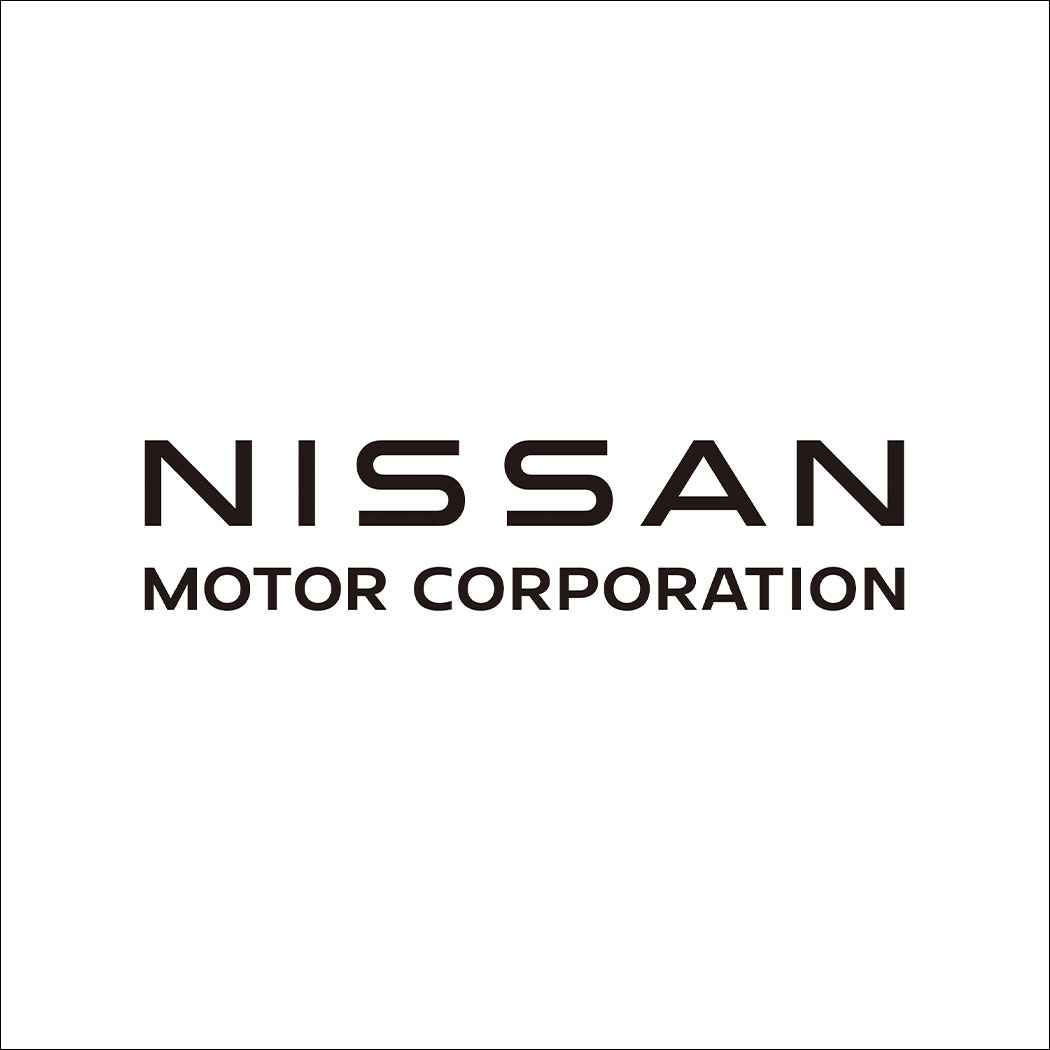Automotive manufacturer Nissan Motor Co. is passionate about creating innovative technologies and products that transform the way we drive and live, and Nissan employees are an integral part of reaching those goals.
Flexible working styles promote optimal performance
Nissan, which pioneered a Super Flex policy with no core time requirements in 1994, has long been a leader in fostering work-life balance and productivity through a flexible digital workplace. In 2006, Nissan enabled everyone except production employees to work from home.
In 2015, the company introduced a Happy8 initiative to give employees more control over their 8 working hours, improve efficiency and productivity, and further enrich the work-life balance.
“As Nissan globalizes, we have been striving to implement working styles that meet the diverse needs and values of every employee,” says Naoko Hara of the Global Digital Platform Division. “Our goal is to create an environment where employees in various situations can have child care, nursing care, etc. and still perform at 100 percent.”
Nissan strives to empower employees to deliver peak performance anywhere, anytime. The COVID-19 crisis posed an unprecedented challenge, but Nissan quickly moved to support employees by introducing a range of modern workplace, IT service desk and device services.
Since 2010, DXC Technology has fully supported the operation and maintenance of about 40,000 PCs company-wide, including Nissan partner companies, to enable work from anywhere, anytime. The team’s wide scope includes configuration, management and distribution of master images of globally standardized OS/ applications; PC setup; service desk; on-site support and more.
Face-to-face support desks raise user satisfaction
The popular Digital Tech Café opened in Nissan Global Headquarters in August 2019 and in the Nissan Technical Center in February 2021. Resident DXC support engineers now resolve users’ problems on the spot — from fixing small PC issues and explaining outages or errors to recovering data and providing alternative devices.
“Our IS/IT department’s important mission is to improve user satisfaction through stable service offerings and appropriate support. Our traditional help desks mainly used phone support, but we knew many users thought it was difficult to solve problems over phones. Implementing walk-in type support desks in a Digital Tech Café was our long-cherished dream,” Hara says. “With face-to-face consultation, we can answer questions while directly seeing PC operations. We have significantly reduced the time and effort to resolve problems and have received many positive comments in Café user questionnaires, with a 95 percent user satisfaction rate.”
Quick problem solving — on average within 20 minutes — has contributed to high Café user satisfaction and uptime, with the Global Headquarters resolving issues within 30 minutes 99 percent of the time and within the Technical Center 97 percent of the time.
“The speed of problem resolution is directly linked to users’ business productivity improvement,” says Masateru Takakuwa of the Global Digital Platform Division. “By collecting user feedback and showing evaluations as a score, we are able to explain the value of our investment and obtain management support. Improving the IS/IT department’s presence by offering face-to-face service through the Digital Tech Café is also a happy outcome. In fact, the Café should be called, ‘The face of IS/IT department.’”
Value delivered
Cloud IVR transforms service desk
Fortunately, initiatives for PC remote access and security were already in place and Nissan was well prepared for the rapid shift to remote working with the onset of COVID-19. To support the major workplace shift to working from home, the company turned to DXC to move to a cloud-based IVR service and implement device health monitoring tools.
DXC developed and has managed Nissan’s legacy IVR system for 10 years. More than 100 help desk agents respond to inquiries about devices and applications. Due to the increasing demand for remote work during COVID-19, Nissan decided to migrate its IVR system to the cloud to provide scalable remote access and enable agents to work from home.
“The existing IVR was integrated with the system and the help desk phone, and this was preventing agents from working from home. To resolve this problem and create an environment that responds quickly and flexibly to new requirements and changes, we decided to move to a cloud-based IVR service,” explains Yasuko Morii of Nissan’s Global Digital Platform Division.
DXC proposed an Amazon Connect cloud-based contact center, which offers IVR, a PBX private telephone network and other functions on the cloud, and permits voice calls from standard telephones as well as softphones. DXC helped Nissan develop the new IVR environment in under 2 months and then 2 months later completed the migration, including agent training, without disruption.
The new system’s self-service functionality helped Nissan optimize operational workloads and costs, since staff members can easily manage and change the new IVR environment themselves. Adding or changing voice guidance that previously required 2 weeks through the IVR vendor now takes service desk staff a few minutes.
Morii is pleased with the new system: “Agents can provide support from the office or at home. The system requires no network construction and flexibly supports system changes or temporary increases in call volume. Plus, when an unexpected event such as a suspicious email occurs, agents can use voice guidance to immediately direct users to a webpage with a warning message.”
Automated, recorded voice guidance and more accurately directed calls also reduced the number of calls routed to agents.
“It is a great achievement that when inquiries were rapidly increasing, agents could focus on supporting prioritized cases by offering appropriate information without directly interacting with users. Also, implementing a flexible working style for agents appears to be a step towards evolving the help desk into a more efficient and highly productive team,” Takakuwa adds.
Proactive device health management stabilizes PC operations
Until now, Nissan relied on Microsoft Endpoint Configuration Manager to handle PC asset management and software distribution for about 40,000 PCs, but it didn’t proactively monitor PC health.
In 2021 DXC helped the Global Digital Platform Division launch the Aternity device health monitoring tool — a large-scale, as-a-service device monitoring service successfully used by Nissan partner Renault — to accurately understand PC operation and usage.
This vital information is used to improve service quality and optimize resources and licenses. Health monitoring also allows Nissan to score and visualize users’ service experience and compare the scores by industry to understand their own service quality.
“A user typically contacts the help desk after a PC problem and rushes to the Digital Tech Café. With improved health monitoring, the IS/IT department can detect problems such as an extremely slow PC startup or disk or memory errors, and prompt the user to seek maintenance support before serious problems occur,” Takakuwa says.
“Being able to understand the entire PC environment from a bird’s-eye view as well as at a detailed level is great progress. For example, by analyzing the usage of PC resources company-wide, we can assign larger amounts of memory to users or departments that continue to be overloaded or, conversely, review over-allocated resources. We are now thinking that we should optimize the company-wide resource plan by drafting and verifying a hypothesis, based on the data we have obtained.”
Nissan’s modern workplace
“We addressed the new challenges with consistent support from DXC — from planning to design, development, implementation and operation, and we are grateful for completing all three projects as planned. We feel a great deal of trust and peace of mind in the DXC support engineers’ work and high skill levels,” says Takakuwa.
“Nissan’s modern workplace initiatives not only helped us overcome COVID-19, but also established a foundation to support the flexible and highly productive working style required in the new normal era.”
Nissan is now planning to expand the Digital Tech Café service to factories and other facilities, and standardize and globalize the IT environment, including PCs, by defining global standards.
“We value DXC as a partner that can offer high quality technology services in Japan and all over the world,” Takakuwa concludes. “We look forward to receiving support for our business and improve the employee experience through more flexible and highly productive modern workplaces as we expand globally."

